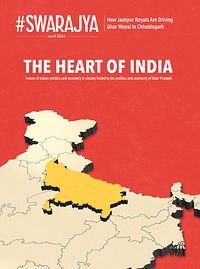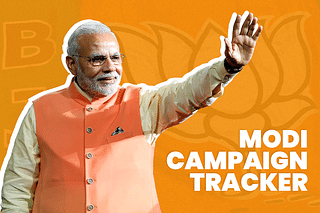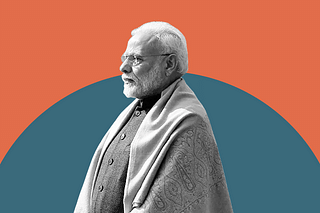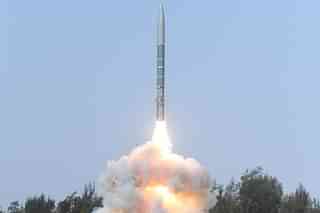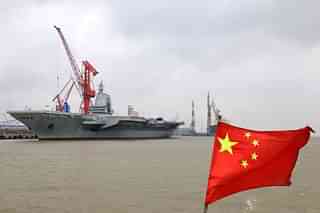News Brief
India, Russia Sign Key Pacts For Construction Of Future Units Of Kudankulam Nuclear Power Plant In Tamil Nadu
Kuldeep Negi
Dec 27, 2023, 08:33 AM | Updated 08:33 AM IST
Save & read from anywhere!
Bookmark stories for easy access on any device or the Swarajya app.
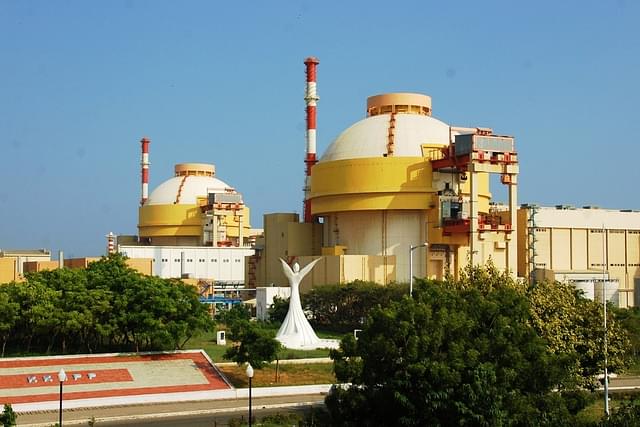
India and Russia on Tuesday (27 December) signed some "very important" agreements related to the construction of future power-generating units at the Kudankulam nuclear power plant.
S Jaishankar, the External Affairs Minister, who is currently on a five-day trip to Russia, announced the signing of agreements on nuclear power, medicines, pharmaceutical substances, and medical devices.
This announcement came after his "comprehensive and productive" meeting with Russian Deputy Prime Minister Denis Manturov on the bilateral economic cooperation.
"Today, in my presence and that of Deputy Prime Minister Manturov, we signed some very important agreements pertaining to the future units of the Kudankulam nuclear project," Jaishankar said addressing the Indian diaspora.
India's biggest nuclear power plant, Kudankulam, is being built in Tamil Nadu, with Russia providing technical support. The construction of the project started in March 2002.
The plant's first power unit has been functioning at its intended capacity of 1,000 MW since February 2016. As per reports from Russian state media, the plant is expected to operate at its maximum capacity by 2027.
In the meeting, Jaishankar acknowledged the significant progress in trade, finance, connectivity, energy, civil aviation and nuclear domains.
"Appreciated the greater focus on exploring new opportunities. Discussed making our cooperation more balanced and sustainable in different dimensions," he said in a post on X.
In his speech to the Indian community, Jaishankar referred to Russia as a "special partner" in certain sectors like defence, nuclear energy, and space exploration.
"Appreciated the greater focus on exploring new opportunities. Discussed making our cooperation more balanced and sustainable in different dimensions," he said in a post on X.
Jaishankar also said that both sides have concurred on having their negotiation teams meet by January's end to commence face-to-face discussions concerning the free trade agreement between India and the Eurasian Economic Zone.
"Today, when I met the Deputy Prime Minister we agreed that early next year, our negotiating teams will meet. So I expect by the end of January, hopefully, that the in-person negotiations will start," he said, responding to questions at the community event.
Save & read from anywhere!
Bookmark stories for easy access on any device or the Swarajya app.
Kuldeep is Senior Editor (Newsroom) at Swarajya. He tweets at @kaydnegi.
Introducing ElectionsHQ + 50 Ground Reports Project
The 2024 elections might seem easy to guess, but there are some important questions that shouldn't be missed.
Do freebies still sway voters? Do people prioritise infrastructure when voting? How will Punjab vote?
The answers to these questions provide great insights into where we, as a country, are headed in the years to come.
Swarajya is starting a project with an aim to do 50 solid ground stories and a smart commentary service on WhatsApp, a one-of-a-kind. We'd love your support during this election season.
Click below to contribute.
